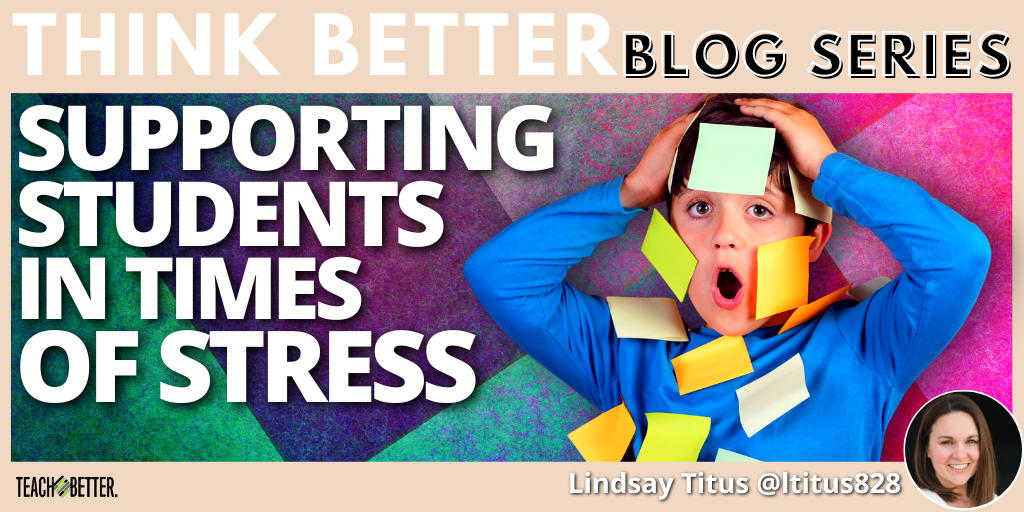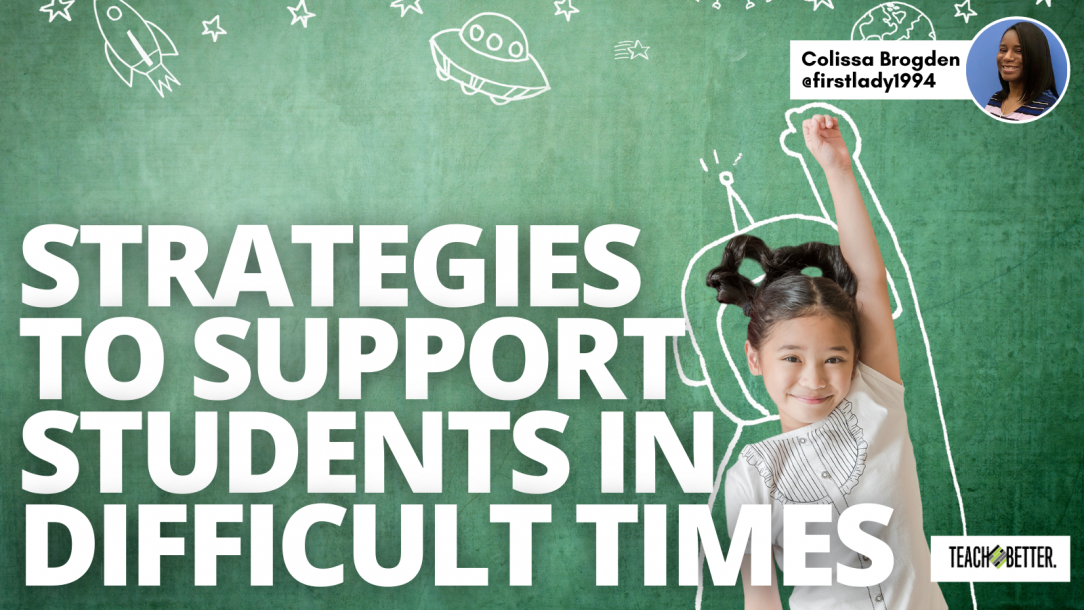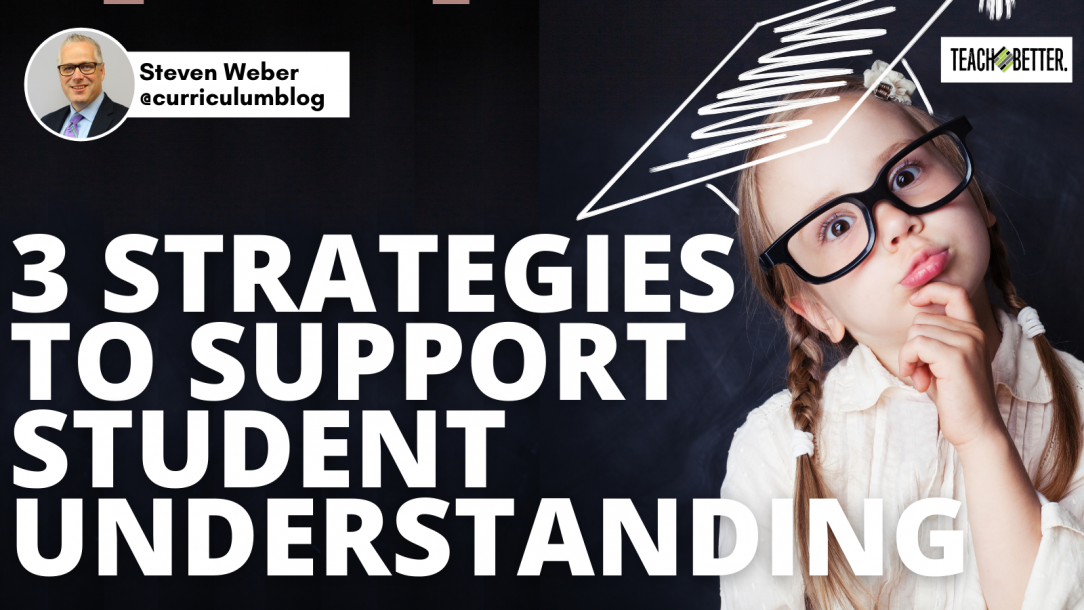TL;DR: Supporting students during times of stress requires a mindful and empathetic approach. Four steps to help students through stressful situations: self-reflection and emotional awareness, understanding the student’s needs and desires, evaluating the environment, and crafting an empathetic response. By practicing these steps, educators can foster emotional well-being, resilience, and growth in students while creating a nurturing and supportive environment. … Read More
Waiting for a Lifeguard
TL;DR: Steven shares a story about how he and his dad were caught in a riptide and needed support from a lifeguard. Many students are struggling. We cannot expect them to save themselves. Hope is not a strategy. In order to focus on students’ needs, school support teams can ask themselves a list of questions found below. Consider how intentional … Read More
Strategies to Support Students in Difficult Times
TL;DR: Over the last year, educators and students have faced many difficult and traumatic events. The first step to supporting your students is to understand the signs of trauma. Understand how to respond when students show their emotions or make an uncomfortable statement. Pay attention to marginalized groups and take notes of students who may be likely to be bullied. … Read More
Envisioning a “New Normal”
TL;DR: Blended learning promotes student ownership and helps to address the needs of different styles of learners. A successful example of blended learning at Sangamon Valley Middle School offers the best of both worlds. The shortcomings vs. benefits of blended learning are explored. Envisioning a New Normal: Imagine the Possibilities The pandemic has created a great deal of angst for … Read More
3 Strategies to Support Student Understanding
TL;DR: Schools and districts need to think ahead to the future and prepare a strategy to meet the needs of each learner. The most effective strategy to support student understanding may be to combine the following: Through a deficit approach to provide additional support to fill in the gaps. Building on the strengths of learners through assessments, feedback, and academic … Read More
- Page 1 of 2
- 1
- 2






